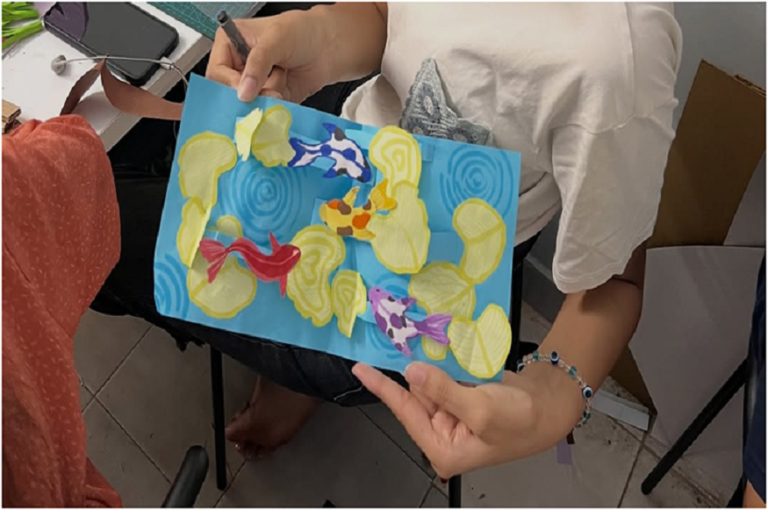
And even more in times of Covid where the rhétos have been marked by an eventful last year and where the university can therefore seem even more intimidating to them. However, simple advice first year at university can help students succeed in their BAC1. Everything is a question of method and organization. Jean-Pascal Bousez, a former economist, has developed a real passion for the world of education. In 2003, he created Cognosco, workshops in which he gives students the keys to success. Asked by La Libre, he wanted to reassure students who would be impressed by “the volume of courses or the size of university audiences”.
What matters, he says, is
1. Take good notes
Very few students have had the habit of taking notes in Rheto. While it may seem very simple, taking good notes actually takes a bit of practice. According to Jean-Pascal Bousez, handwritten notes should be preferred . “When we type on the computer, we tend to write everything the teacher says without necessarily remembering. When we write by hand, we can already sort out what is important and what is not. . We also have time to already understand the material ” . The ideal is to have very few ideas on the same sheet . Everything should be obvious. “I advise students to write only on one side”, he explains. If he is not against the colors which can help the student to structure his ideas, he advises to always use the same ones for the same things. For example: all titles in red.
2. Eliminate misunderstandings as quickly as possible
When you don’t understand something, you have to say it directly, otherwise this gap risks poisoning the following lessons. “Do not hesitate to ask questions to other students or directly to the teacher. It can be intimidating to ask a question in full audience, so it will be easier to do it in the break, when no one else is listening. We can never say it enough: there is no stupid question!
3. Make summaries after each chapter
It is not necessary to hand in your notes at the end of each lesson. Instead, the expert advises to do a summary as soon as a chapter is finished. This not only allows you to re-read this part of the course but, in addition, it will restructure all the ideas before starting the next chapters. A summary, as the name suggests, helps to remove unimportant details . “If you realize that you have noted four examples when two are enough, you should leave only two” , he explains. The goal of a summary is not to be too long, while giving enough detail to understand the material.
4. The importance of a good table of contents
This may come as a surprise to new college students, but having a good table of contents is essential. It must also be created as soon as its synthesis is developed. The table of contents is used to have an overall view of the course. We always know where we are in the progress of the course. Having a structured table of contents also makes exam answers easier . If your history teacher asks you a question about a specific event, all you have to do is remember your table of contents and return what was under the requested event.
5. Work on certain courses first
It is necessary to regularly work on the most important courses at the credit level . But also the courses that we find difficult or those that we like less. For what? Simply because it will be easier for students to get interested during the blockade in courses they like and which are not too bulky. Having reviewed during the semester the big difficult courses will save time during the blockade and a real thorn out of the foot when the exam is passed. Of course, that doesn’t mean you have to ignore all the others. But let’s say that having a small course in the second semester will be less of a hassle than the biggest course of the year.
6. Develop a good way to study
To discover his way of studying, you can fill out questionnaires on the internet or simply listen to his impressions. Some will need to study in a group while others absolutely need quiet. Some are more of a morning person while others prefer to study in the evening. Some will need to recite their material aloud while others will need to move all the time. It is therefore necessary to avoid doing like your friends and find the method with which you are most comfortable .
7. Anticipate the will of the teacher
To study well, it is better to know the teacher’s way of questioning . If he asks open questions, it will not be the same way of working as for an MCQ. This, students generally learn quite quickly: you have to redo the exams of previous years. But that’s not all, you have to make your own answer in your head. Some students may be persuaded to know the material by seeing the written answer, but when they try to formulate it, they will find that it is not so clear.




